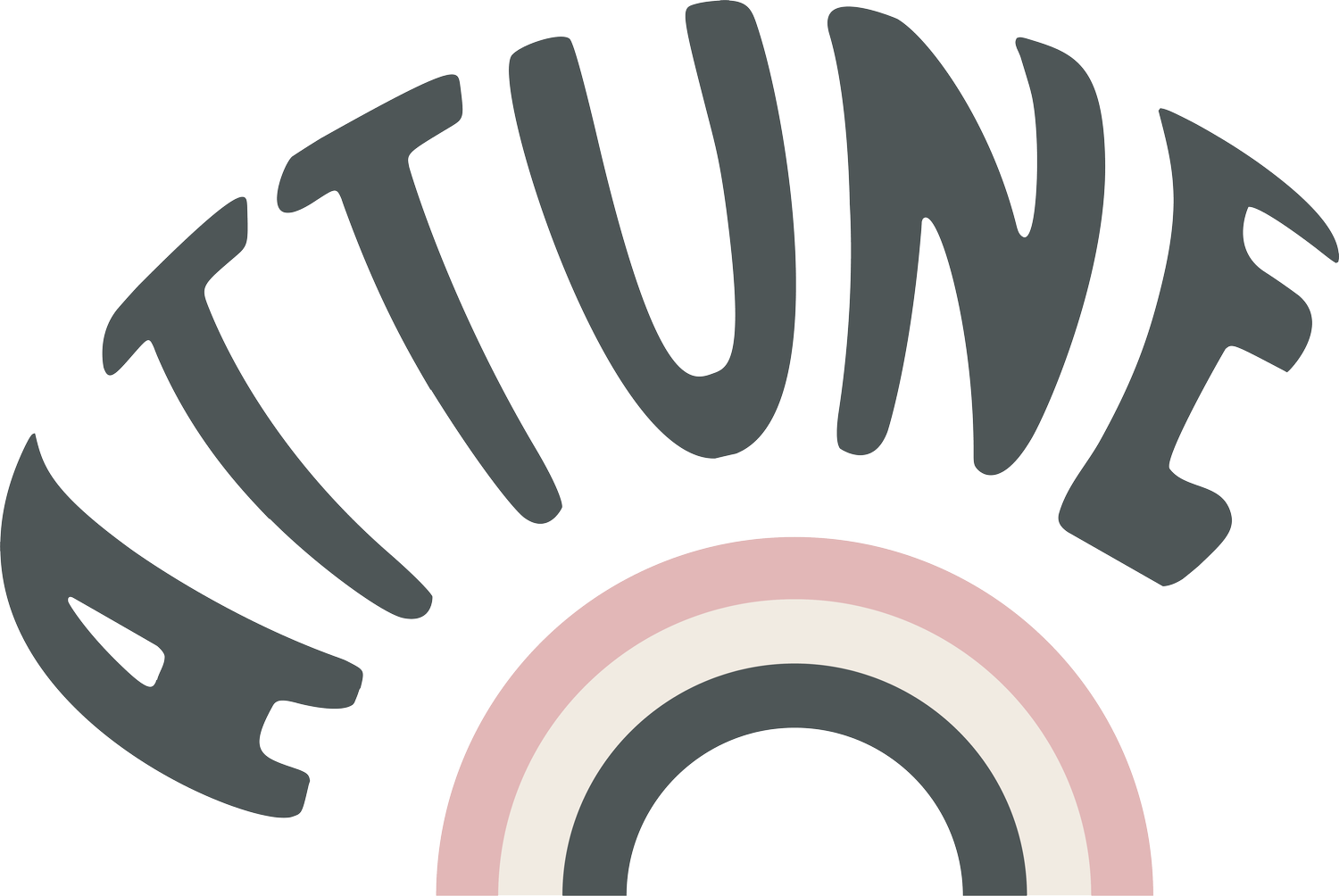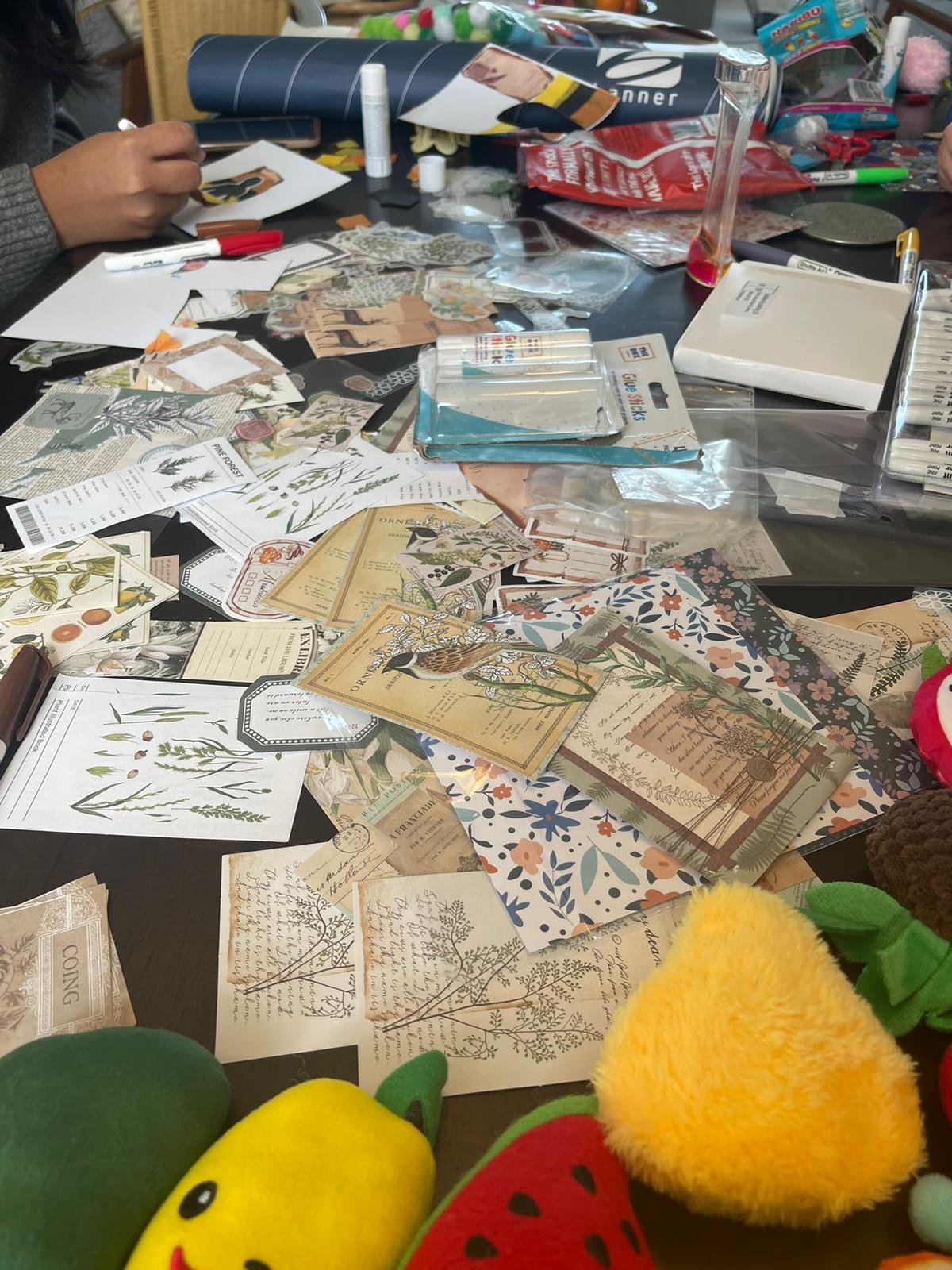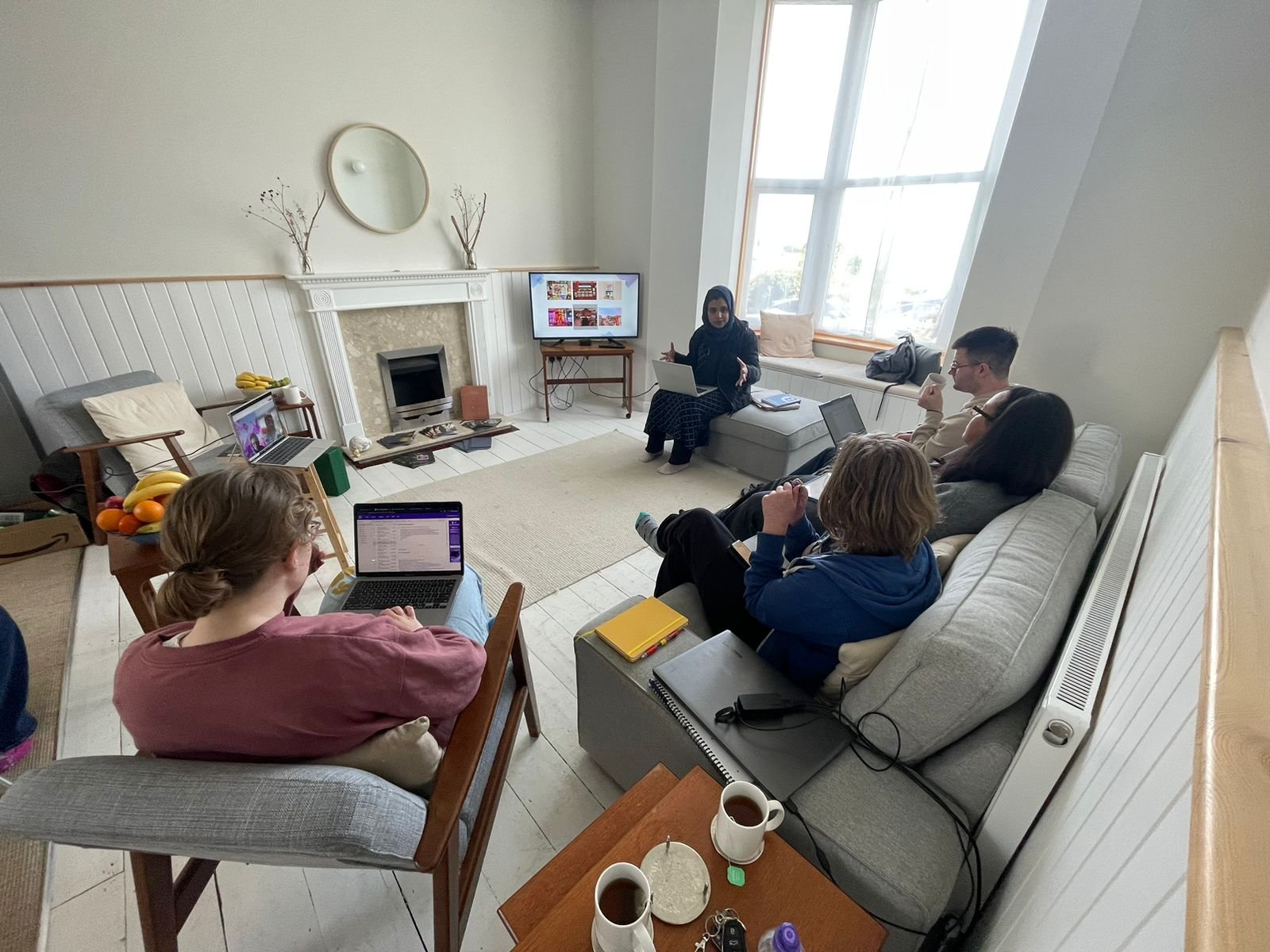Youth-Informed Research on Mental Health - Insights from ATTUNE’s Writers Retreat in Newquay
The significance of engaging young people in mental health research within a rapidly evolving field of academia cannot be emphasized enough. Youth-informed research is not only an ongoing trend; it is an essential transition towards doing more comprehensive and representative investigations. The Newquay Writers Retreat as part of Attune Project in April, led by Assistant Prof. Anna Mankee Williams, co-investigator on Attune Project, and attended by members of Attune's Youth Advisory Group, emphasized the influential role of youth engagement in doing research on mental health and adverse childhood experiences (ACEs).
Young people contribute a unique viewpoint and direct personal involvement, providing valuable ideas that mature researchers may fail to consider. Their participation ensures that the research questions formulated, the methods utilized, and the answers suggested are pertinent and effective. By incorporating the perspectives of young people, we progress towards a thorough understanding of mental health problems and develop solutions that deeply connect with the real-life experiences of the youth.
Art activity during Writers Retreat by young participants
The Writers Retreat showcased the incredible creativity and analytical thinking that young people contribute to the field of mental health research. Participants, exclusively from Attune's Youth Advisory Group, actively participated in thorough discussions regarding storytelling, the fundamental aspect of effectively transmitting impactful messages, and the use of diverse genres to effectively explain complex concepts. During the sessions, Prof. Kam Bhui, Principal investigator on Attune and Ass. Prof Williams highlighted the significance of creating persuasive narratives, be it for think pieces, commentary, or academic studies. This guidance is extremely important, especially in an area where the spread of research findings can have a considerable impact on public perception and policy-making.
Young participants discussing blurriness in photography
One of the main objectives of the retreat revolved around establishing a standardized reporting framework for research that incorporates the perspectives and insights of young people. Implementing this criterion will guarantee the continual incorporation of crucial components that represent the viewpoints of young people in research. This paradigm has the potential to provide a standard against which other researchers can measure their work, so encouraging research procedures that are more comprehensive and reflective of diverse perspectives.
The retreat also emphasized the capacity of innovative methods in addressing mental health problems. The participants suggested a number of ideas, including thought-provoking articles on the constant presence of digital media and its influence on mental well-being, as well as children's books that delve into topics such as mental health, relationships, and trust through the eyes of a cat. These fresh approaches aim to enhance the accessibility and relatability of research, rather than solely focusing on making it more interesting. By utilizing narrative techniques such as storytelling, theatre, and artistic mediums, we may effectively engage a wider audience and cultivate a deeper understanding of mental health issues.
Another crucial topic of discussion during the retreat centred around the difficulties encountered in existing mental health interventions. The conventional six sessions of cognitive behavioural therapy (CBT), for example, were considered inadequate for persons with complex issues. The participants advocated for mental health care that is characterized by increased flexibility, personalized treatment, and stronger interpersonal connections. This observation is of utmost importance. It emphasizes the necessity of a fundamental change in our approach to mental health therapies, shifting from a standardized approach to one that acknowledges and addresses the distinct requirements of each person.
As communication and media person on Attune, I conducted an interesting dialogue on the topic of blurriness in photographs. The young participants offered fascinating perspectives, reframing blurriness as a real and genuine experience. Currently, with the help of young participants, we are authoring a paper on how blurriness is redefined through the eyes of young people. This will serve as a unique output for the Attune project.
The Newquay Writers Retreat provided young participants on Attune Project a space for expressing their ideas freely. The thoughts and ideas produced at the retreat have the ability to influence the future direction of mental health research, rendering it more comprehensive, pertinent, and effective. It is crucial that we persist in engaging young people in the study process as we progress. Their viewpoints are not only valuable, but also essential. By adopting this approach, we can ensure that our research and methods accurately mirror real-life situations of the individuals we want to support, ultimately resulting in improved mental health outcomes for all.


